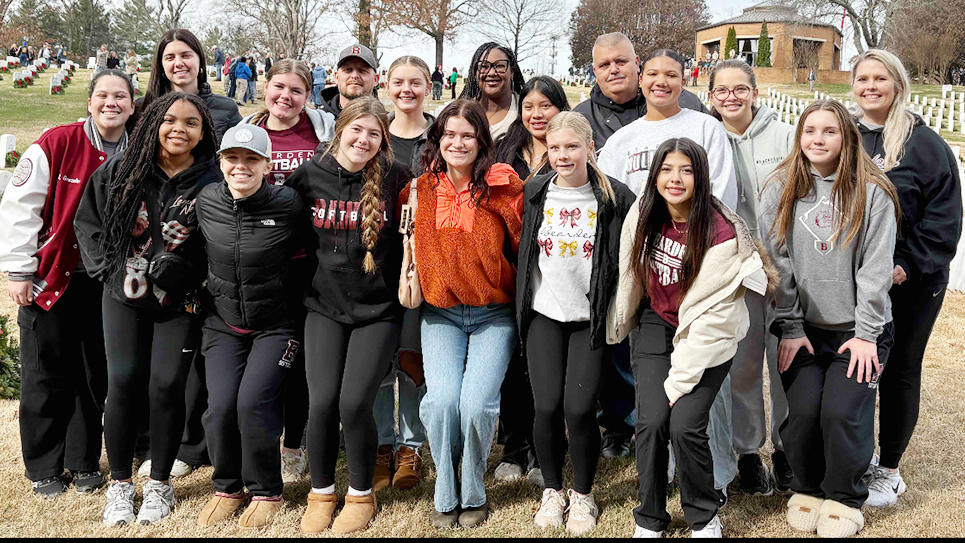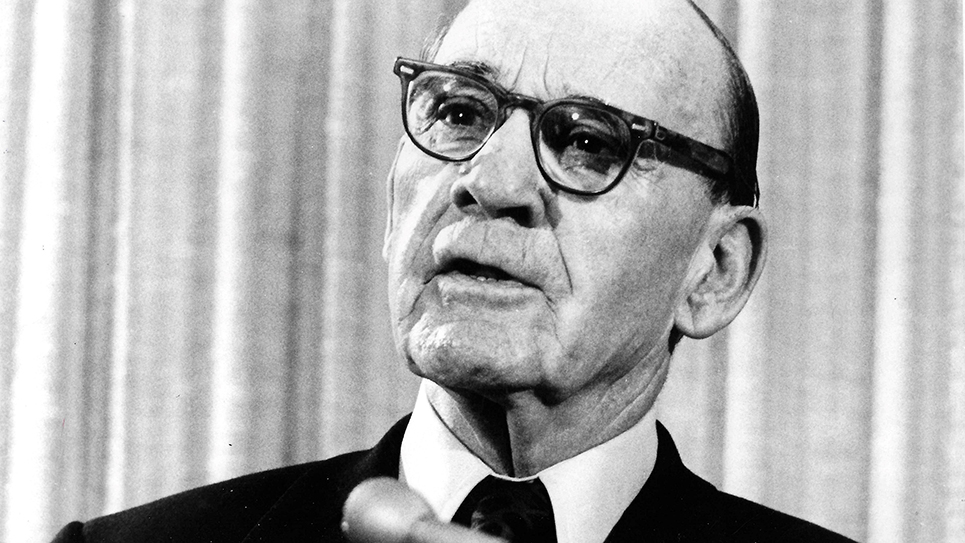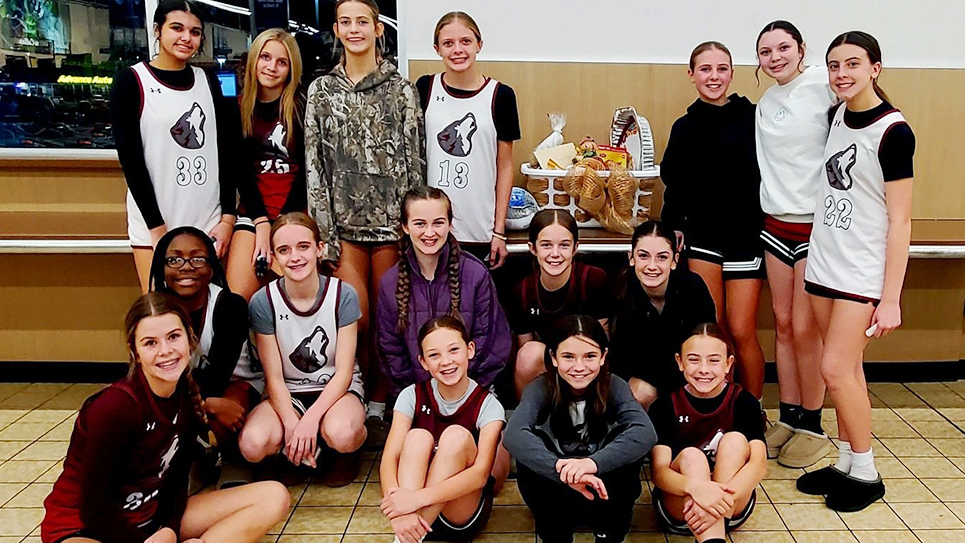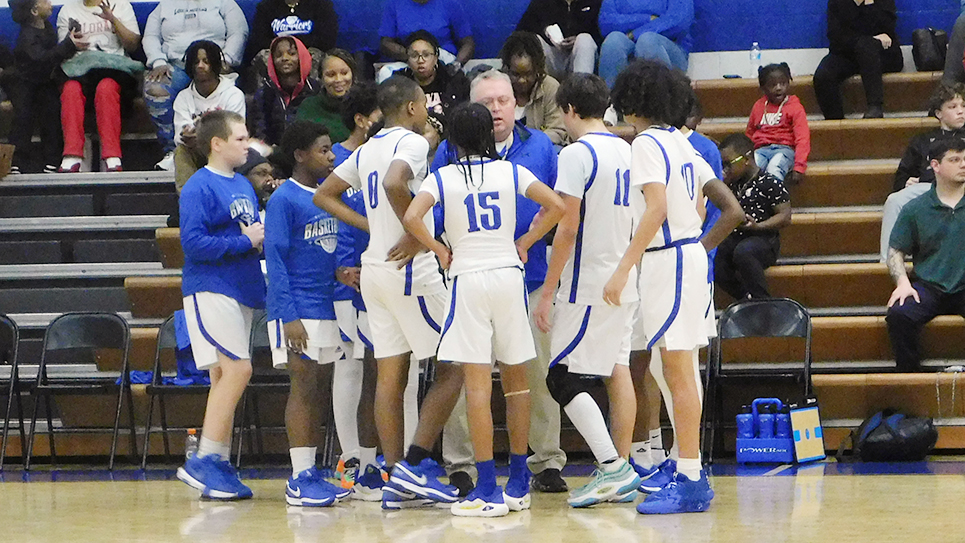Extreme Cold Weather Safety Tips from Knox County Emergency Management
The National Weather Service has reported that temperatures will drop into the single digits or below in some locations by Friday morning. Wind chills are being described as unprecedented and potentially life-threatening through Saturday.
Knox County, with help from the city, is conducting signification outreach to the homeless population. So far, case workers have visited homeless camps throughout the county and distributed bus passes to help people find their way to the shelters downtown. They also have distributed supplies to those who plan to remain in the camps, including sleeping bags and blankets.
“I am incredibly grateful to our road crews, outreach teams, emergency management personnel and first responders in situations like this,” said Knox County Mayor Glenn Jacobs. “The temperatures we are expecting can be dangerous and are unlike anything we’ve seen for a long time. Check on your loved ones – especially if they are elderly or live alone – and remember these temperatures also can be deadly for your pets.”
Knox County Emergency Management (KEMA) has provided some tips for staying safe during this dangerous weather.
- Dress in several layers of loose-fitting, layered, lightweight clothing as the space between these layers works as insulation to keep you warmer. Consider carrying extra clothes (socks, gloves, hats, and jackets) with you in case the ones you’re wearing get wet.
- Wear something on your head and water-repellant boots or shoes if available.
- Keep your ears and face covered.
- Increase fluid intake regardless of activity level—don’t wait until you feel thirsty. Avoid alcohol if possible as it can lead to dehydration.
- Check carbon monoxide and smoke detectors to make sure they’re operational.
- Make sure you have an alternate heating source—generator, fireplace, wood stove, space heater—in case you lose electricity. Take necessary safety precautions when using this equipment and ensure proper ventilation. Never operate a generator inside your home as it can lead to dangerous carbon monoxide buildup.
- Keep a fire extinguisher handy and make sure everyone knows how to use it.
- Don’t run your vehicle inside your garage, even if the garage door is open.
- Limit outdoor time for your pets.
- Limit travel when possible.
Gas stoves, ovens, kerosene heaters and charcoal barbecue grills are should NOT be considered as options to heat a home. More fires happen during winter than any other time of year so heaters should be kept at least three feet away from flammable items and never be left unattended.
“It is best to stay home in temperatures like this,” said Director of Knoxville/Knox County Emergency Management Colin Ickes. “But obviously, a lot of holiday travel is expected this weekend, so everyone should wear their seatbelt and give full attention to the road.”
KEMA has provided the following safety tips if driving is necessary:
- Keep your gas tank filed and prepare an emergency kit for your car that includes a brightly colored cloth (preferably red), blankets, a flashlight, waterproof matches, non-perishable foods, and water.
- Don’t follow other vehicles too closely.
- Don’t use cruise control or pass work trucks.
- Remember that ramps, bridges, and overpasses can freeze before roadways.
If you do become stranded, stay in the vehicle as disorientation and confusion is likely in blowing snow. To indicate a need for help, hang a brightly colored cloth on the radio antenna or out the window to indicate you need help. Don’t raise the hood until after snow stops falling. If the vehicle is still running, the engine should be turned off for about 10 minutes each hour (or five minutes every half hour) to reduce the risk of carbon monoxide poisoning and conserve fuel. A window should be kept open slightly to ensure proper ventilation when the car is stationary and running.
For more safety information, please visit the National Weather Service website.






